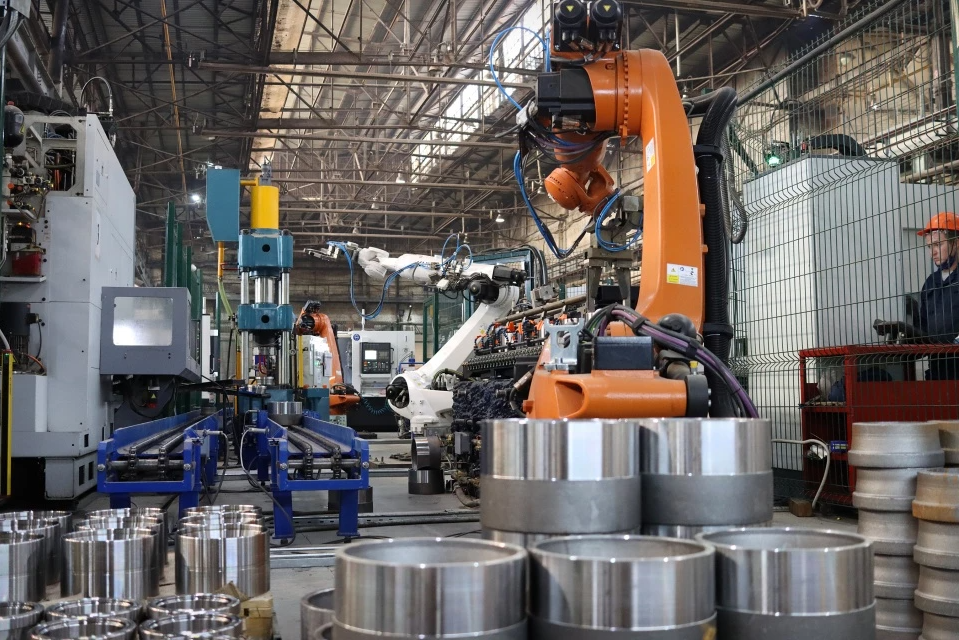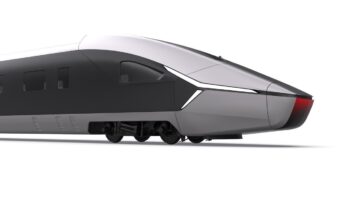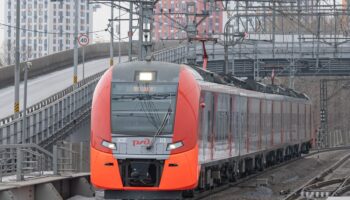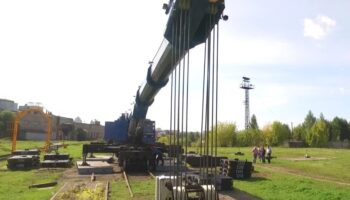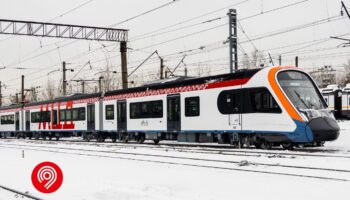Russia: The launch of bearings production for various engineering areas (freight car building, automotive industry, etc.) is planned at the Chelyabinsk Forge-and-Press Plant (ChKPZ) in 2023. The declared investment is 1.3 bln RUR ($20.5 mln USD) and it is planned to attract support from the Industrial Development Fund (IDF).
Such plans were announced by the director of ChKPZ Andrei Hartung during the First All-Russian Forum on Import Substitution in May. According to him, the production of tapered roller bearings (TBU) for freight cars in Russia has been stopped. “We’ve got this whole industry stopped. Today, there is a shortage of bearings for the production and repair of railcars with increased carrying capacity. The cars are not being repaired. All three enterprises, which also belonged to foreign owners, have suspended work. Only one of them will be launched in the nearest future”, said Hartung according to the First regional news agency.
Earlier, all foreign companies involved in the production of TBU in Russia – Amsted Rail, Timken and SKF – announced the cessation of work in Russia amid sanctions pressure due to the situation in Ukraine. The shortage of TBUs was officially stated by Tikhvin Freight Car Building Plant (TVSZ, part of United Wagon Company, the biggest freight railcar producer in Russia), which was shutdown for 2.5 months, but gradually started to regain production in August. As to announcement made by Russian Railways in May, the fully domestically produced TBU by the TEK-KOM company (established by top management of SKF in Russia) is awaited by the end of 2022.
Earlier, in 2019, ChKPZ already mastered the rolling and processing of metal for bearings. As Alexander Nikitin, Deputy CEO of SKF in Russia, noted in 2020 in an interview with the Eurasia Vesti newspaper, the production of preforms was organized with the assistance of a bearing manufacturer.
Then, in the spring of 2021, ChKPZ also announced that it was mastering the production of outer and inner TBU rings for railway rolling stock with the state support of IDF. The budget of that project was 153 mln RUR ($2.1 mln USD), more than 65% of which was secured by concessional loans from the federal and regional levels. The funds were planned to be spent on the purchase of new technological equipment, as well as the repair and modernization of the existing one. SKF told Railway Equipment Journal at the time that the project is being implemented taking into account demand from them, confirming the plan for purchasing new components by ChKPZ. Later, the 74.ru portal wrote that a new robotic complex was installed at ChKPZ for processing bearing rings, including three industrial robotic manipulators of Kuka and five CNC production centers.
Now the company plans to master the production of rollers and separators, says Hartung. It should be noted that earlier the Russian Ministry of Industry and Trade signed special investment contracts with SKF and EPK-Brenco (a joint venture between Amsted Rail and the EPK company from Russia) for 100% localization of TBUs production in Russia. The state authority refused to disclose to ROLLINGSTOCK the progress of implementation and the detailed content of these contracts, identifying it as commercial confidentiality.
According to Hartung’s presentation, the project for mastering the bearing manufacturing production involves the production of 2.4 mln bearings by 2027, and the amount of revenue during this period is estimated at 15.2 bln RUR ($240 mln USD). Creation of bearing production at ChKPZ should also ensure the organization of at least 300 jobs.



